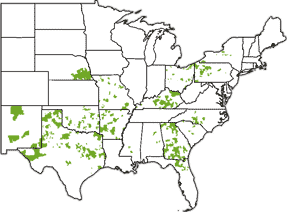Ann Burr, chairman and general manager of the Rochester division of Frontier Corporation, wrote a Letter to the Editor in this morning’s Democrat & Chronicle, claiming the company’s usage caps and limits were “rumors” and untrue.
Broadband usage won’t be limited
The popularity of the Internet continues to grow. Today, the average residential customer on Frontier’s network uses 1.5 gigabytes of bandwidth each month. A smaller percentage of heavy users may consume as much as 1,000 times that amount. All customers, urban and rural, should have choices based on their individual use. Beginning next year, Frontier will provide customers with tools to measure their bandwidth usage. We believe customers should be in control and pay only for the bandwidth they need. If a customer needs capacity for streaming video or simple e-mails, customers will have a choice of plans.
There are rumors that Frontier plans to limit bandwidth usage. That is not true. We do not limit or control bandwidth consumption. We believe in providing the best Internet experience with a dedicated line to each customer. Frontier customers want reliability, choice, and most of all, value for all of their Internet needs, large and small. We strive to bring innovative solutions to our customers every day.
ANN BURR
ROCHESTERThe writer is chairman and general manager, Frontier Communications of Rochester.
Burr should fully be aware her company is not the victim of some Internet rumor and smear campaign. As StoptheCap! has documented since this summer, Frontier’s public relations crisis is one of their own making, starting with the company’s unreasonable definition of reasonable use at just 5GB per month, comparable to most mobile telephone data plans. The company’s own acceptable use policies gave them the right to terminate accounts that exceeded their definition of reasonable use, not to mention what other costs may eventually be imposed for those that exceed that definition.
We will be publishing an expanded rebuttal to this letter here shortly. A much more limited response may be published in the Democrat & Chronicle. Eager readers who don’t want to wait can simply click the Frontier category and review our entire collection of reports on Frontier’s debacle and see the ever-evolving positions of this company and decide for themselves whether Frontier is the victim, or their customers are.


 Subscribe
Subscribe



